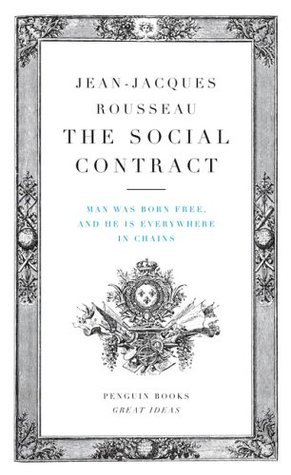
Second Treatise of Government
Book Description
Imagine a world where power doesn’t come from rulers, but from the people themselves. John Locke's 'Second Treatise of Government' unveils a revolutionary vision of society, where natural rights and the social contract challenge tyranny and redefine governance. Filled with bold ideas and thought-provoking insights, this seminal work ignites debates about liberty, ownership, and the moral obligations of authority. As citizens learn to reclaim their voice and shape their destiny, can they build a fair society, or will chaos reign in their pursuit of freedom? The fate of their world hangs in the balance. What will they choose?
Quick Book Summary
John Locke’s "Second Treatise of Government" is a foundational work in political philosophy, asserting that legitimate government arises from the consent of the governed rather than divine right or hereditary succession. Locke argues that people have natural rights to life, liberty, and property—rights that exist prior to the formation of government. He introduces the concept of the social contract, where individuals unite and form a government primarily to protect these rights. When a government fails to do so or acts tyrannically, Locke asserts citizens have not only the right but also the duty to revolt. Challenging traditional views of authority, Locke shapes the principles of modern democracy, limited government, and civil society, making his treatise pivotal for later liberal thought and revolutions.
Summary of Key Ideas
Table of Contents
Natural Rights and the State of Nature
Locke introduces his treatise by challenging the prevailing notion that monarchs hold authority by divine right. Instead, he examines the "state of nature," a condition where individuals are free, equal, and governed by natural law. In this state, people enjoy rights to life, liberty, and property, and reason dictates that no one should harm another’s rights. However, Locke acknowledges that the absence of impartial laws and judges can lead to conflict and insecurity, making the transition to civil society desirable.
The Social Contract and Consent
To address the inconveniences of the state of nature, Locke posits that individuals collectively consent to form a government through a social contract. This compact is not a surrender of all rights, but a mutual agreement to establish an authority that protects natural rights more effectively. Legitimate political power, according to Locke, must be grounded in the consent of the governed. Laws and rulers exist to serve the common good, not their own interests, and their authority is limited by the purpose for which society entrusts them with power.
Property, Labor, and Value
A central innovation in Locke’s work is his theory of property. He claims that individuals acquire property by mixing their labor with natural resources, provided they leave “enough and as good” for others. This labor theory of value helps justify private ownership and economic development, but also imposes moral limits to prevent over-accumulation and waste. Locke’s perspective on property foreshadows modern views on economics, personal rights, and social responsibility.
The Limits and Purpose of Government
Locke clarifies that government’s chief purpose is the preservation of life, liberty, and property. To prevent the abuse of power, he argues for the separation of legislative and executive functions, advocating checks and balances within political institutions. Power must always be exercised under established laws, not arbitrary will. If rulers act against the public trust or seek to subvert the foundations of civil society, they forfeit their authority.
The Right of Revolution
In his most revolutionary argument, Locke justifies the right of the people to revolt against tyrannical governments. When a regime violates its fundamental obligations, citizens are entitled to reclaim their original freedom and reconstitute government by consent. This right of resistance, rooted in the social contract and natural law, was central to Locke’s legacy. His ideas inspired later democratic revolutions and remain crucial to discussions about authority, liberty, and justice today.
Download This Summary
Get a free PDF of this summary instantly — no email required.





